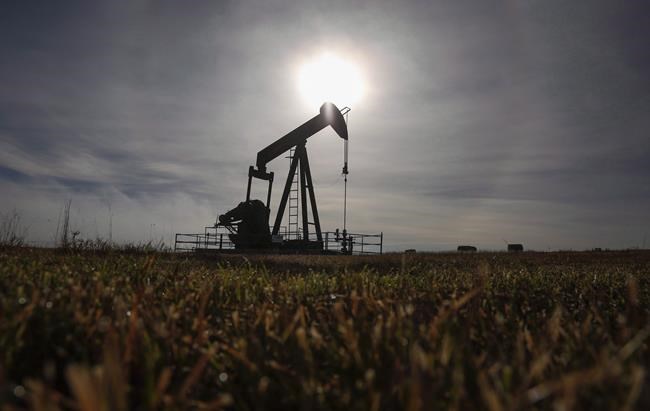Announcing a government review of an issue automatically signals there’s a problem.
This week’s news of a review of the B.C.’s oil and gas royalty regime — the system of extracting revenue for government from companies extracting the public resource — comes with lots of prior concern about the problem.
Just to confirm the need for a review, the government released an expert report at the same time that torques criticism of the royalty system to new heights.
The Energy Ministry self-checks the system every year and those reports say it has generally been in the sweet spot over time between maximizing value to the province, while not losing its competitive royalty edge.
But critics of the system have spent years highlighting issues, mostly about B.C. not getting enough money for the publicly owned resource, at a time when fossil fuels are increasingly suspect.
There are 36,000 mostly gas wells in B.C. and even with just 35 per cent active, that means there’s a lot of money on the table.
Nancy Olewiler and Jennifer Winter, academics who studied it extensively, concluded “the B.C. system is broken.” They shredded nearly every component of the complicated process.
They said it doesn’t support society goals. It’s made up of piecemeal modifications to a system built for a completely different era.
It’s too complex and costs both companies and the government too much in compliance and auditing expenses.
Most critically, it creates incentives for inefficiency and has contributed to a decline in the government’s share of the value from the resource for the last 15 years.
As one example, they suggest the system encourages some to drill for credits rather than overall value.
In short, they say, the system transfers billions of dollars from the province to the industry.
With that on the table, it looks like the review is going to recommend changes to make it less generous to the industry.
From the bonanza year of 2008, oil and gas revenues have slumped ever since, although they are bouncing back this year. Industry sources say that obviously hits royalties and they warn that it’s a competitive world with lots of options.
They will likely concede the need for changes, but insist natural gas is clean — or at least cleaner than many alternatives — and urge B.C. to stay competitive with royalties to encourage long-term investment.
Environmental critics will be pushing to curtail incentives drastically.
Ben Parfitt, who has reported on royalties for the Canadian Centre for Policy Alternatives, said B.C. should be moving toward winding the industry down, not ratcheting it up through pricing.
One overarching problem is how completely opaque the royalty system is. The official handbook is 195 pages of “dense technical complexity,” the report authors say. Few taxpayers can understand how the credits their government is bestowing work.
And Parfitt said public reporting of where they’re going is scant.
People can look up every forest company in B.C. to see how much they pay in stumpage.
But the oil and gas industry is shielded from such disclosure.
“That is extremely problematic,” he said.
The review arises from NDP skepticism of the industry while it was in opposition. But they later flipped and enhanced the terms to get the LNG Canada plant started.
They’ll likely continue the pattern of adjusting their opposition attitudes to meet their government circumstances.
Just So You Know: There’s a bit more to Thursday’s story about seniors advocate Isobel Mackenzie’s revelation that provincial health officer Dr. Bonnie Henry’s office declined to be interviewed for the advocate’s report on pandemic outbreaks in care homes.
Mackenzie noted her requests for interviews were rebuffed and instead she had to send written questions to which the public health team responded.
Asked for an explanation on the day of the report, the Health Ministry waited a day to respond then sent a statement saying Henry and her officials met with the advocate on more than one occasion to “provide advice.”
A further request to the ministry for an explanation on the completely contradictory versions is still pending, as of Friday. And Mackenzie isn’t talking.
It looks like there’s some hair-splitting going on about whether “providing advice” in one context is the same as answering direct, in-person questions from a watchdog agency in another.
In the meantime, some people familiar with how it unfolded prefer Mackenzie’s version.
lleyne@timescolonist.com



